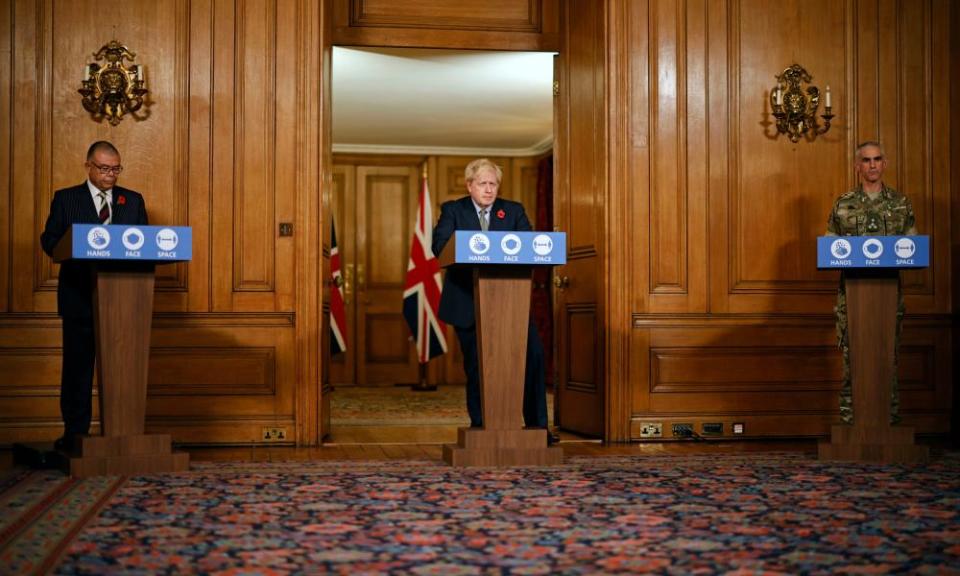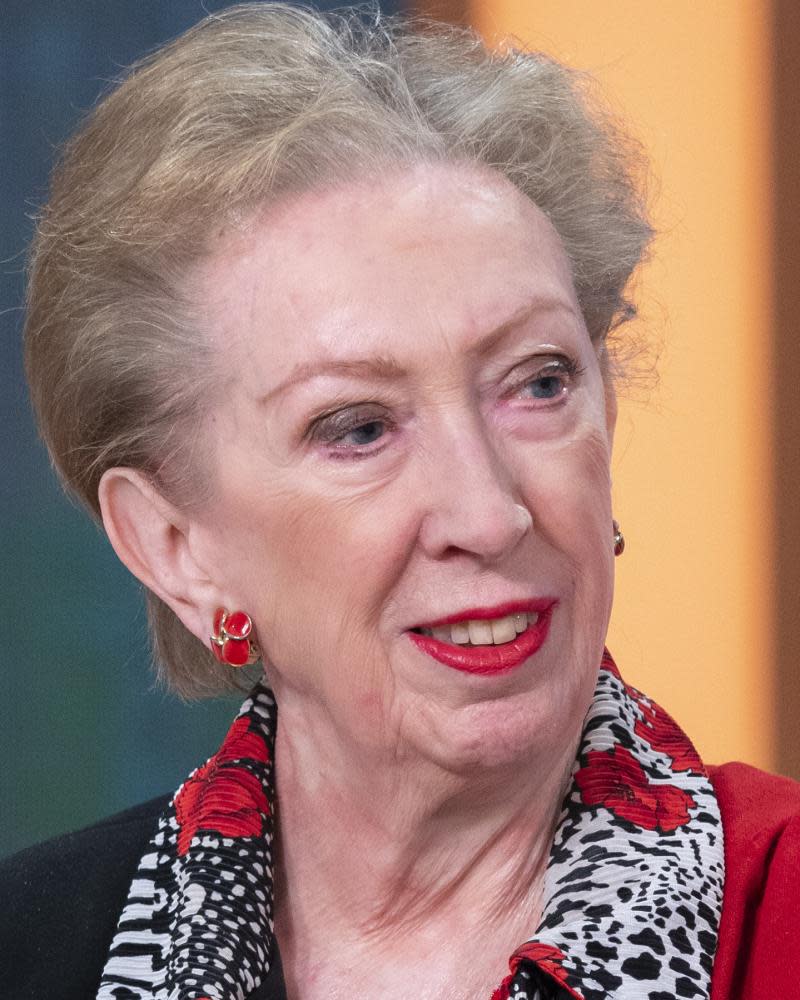Covid and Afghanistan ‘reveal weakness of UK’s security policy’

The rapid fall of Afghanistan to the Taliban and the response to the Covid-19 pandemic have revealed “serious weaknesses” in the government’s approach to dealing with national security, according to a highly critical cross-party report.
MPs and peers found that the two critical events had highlighted the shortcomings of the national security council – a cabinet committee of senior ministers and officials designed to handle major security challenges. The Lords’ and Commons’ joint committee on the national security strategy (JCNSS) said the system had been exposed as inadequate. It warned that national risk management across government is “loose, unstructured, and lacking in central oversight and accountability”.
It said that when Covid-19 hit, existing structures were abandoned in favour of “ad-hoc arrangements and improvisation”, which the committee denounced as “a serious mistake”. Meanwhile, the Afghan crisis suggested the government was “unable to prepare for and respond to two national security crises simultaneously”.
It also warned that a review of the government’s national security processes by Sir Stephen Lovegrove, the prime minister’s national security adviser, was in fact a retrograde step that had suggested a more “casual approach”. It warned that under the proposed new system, the prime minister would spend roughly 65% less time in national security council meetings than under the previous practice of weekly meetings.

Senior defence figures have already been highly critical of the government for being caught by surprise by the swift fall of Kabul after the US made clear it was pulling out. There had been warnings that, without the US, Britain and others would be unable to do anything other than withdraw.
The national security council was created in 2010 by then prime minister David Cameron. It was designed to create a body for key ministers and officials to make decisions on pressing national security issues. An earlier report by the JCNSS had raised concerns about the way it was working. The committee urged Boris Johnson to invest his time and personal authority in the national security council’s role. It also called for a “fundamental overhaul” of how central government dealt with major threats.
Margaret Beckett, the chair of the JCNSS, said change was needed. “When two events – the Covid-19 pandemic and Afghanistan – demonstrated yet again what a dangerous world we now live in, weaknesses in the structures of the national security council were exposed,” she said.
“I pay tribute to the medical and military personnel, and the civil servants who have worked so hard to respond to these two most recent crises. But their brave efforts cannot mask the fundamental need for the centre of government to get a grip on national security planning.”

 Yahoo Movies
Yahoo Movies 